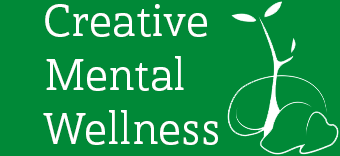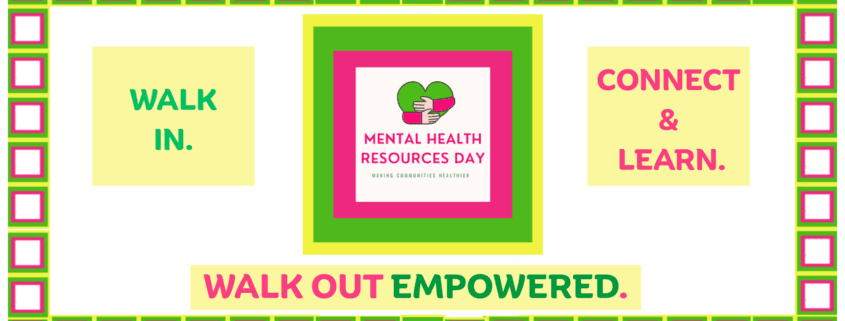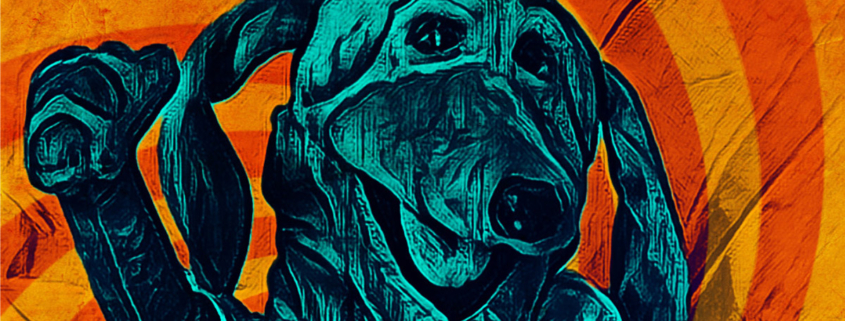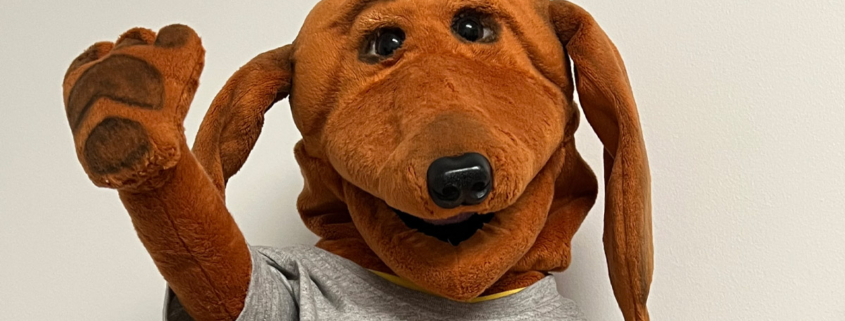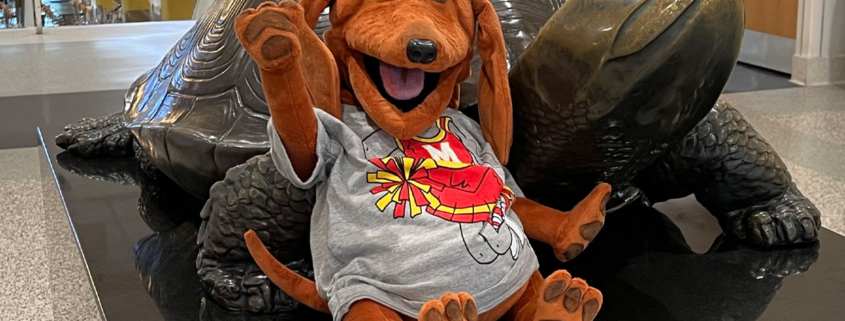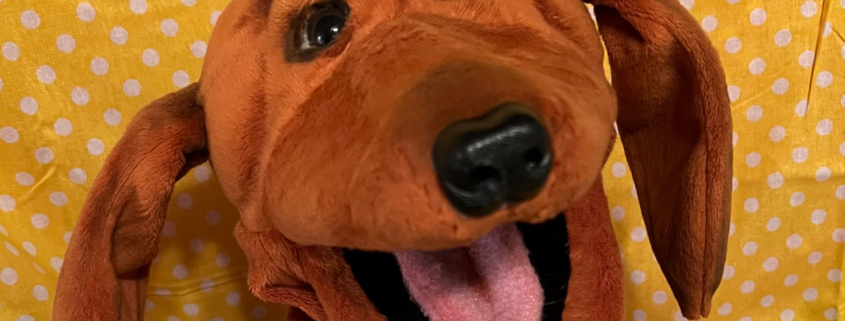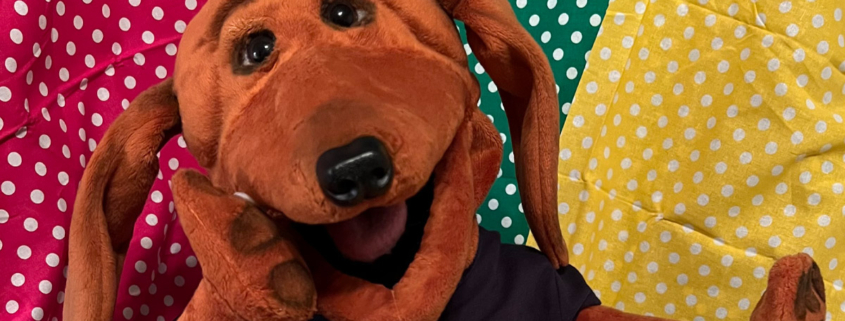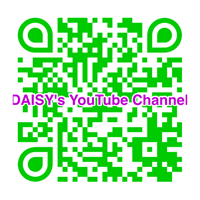Posts
January 2025 Newsletter
/0 Comments/in Newsletter/by CMWadminHappy New Year!
January
January is Mental Wellness Month
January 18 we are celebrating Mental Health Resources Day in Houston, TX!
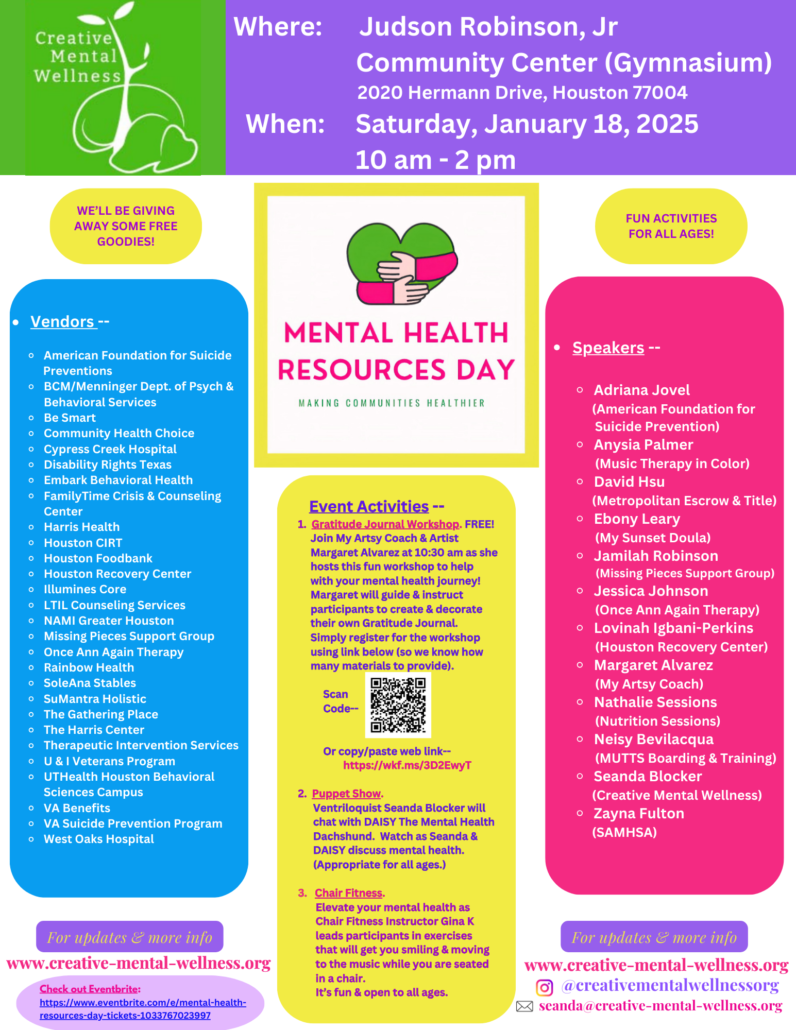
Mental Health Resources Day
With Mental Health Resources Day, we aim to educate the community of local, state, and national resources available for mental health support, from local psychiatrists to NAMI. With speakers from SAMHSA, the Houston Recovery Center, and so many other local services, this event is sure to be both fun and informative!
Volunteer Spotlight
This month we are spotlighting Jimi! Jimi has become an Emerging Scholar through the Emerging Scholars Fellowship Program with Active Minds, and we are lucky enough to have him as a volunteer! He is a valued team member and we are so thankful that he helps with our Youtube channel. Thank you, Jimi!
DAISY’s Book Club
Reading has been shown to improve empathy, and it can help us use our phones less, so reading is a great hobby to pick up! This month, DAISY recommends The Anxious Generation by Johnathon Haidt. This book is really informative on the mental health issues that kids, teens and young adults are now facing with the onslaught of technology, social media and ever-changing social pressures.
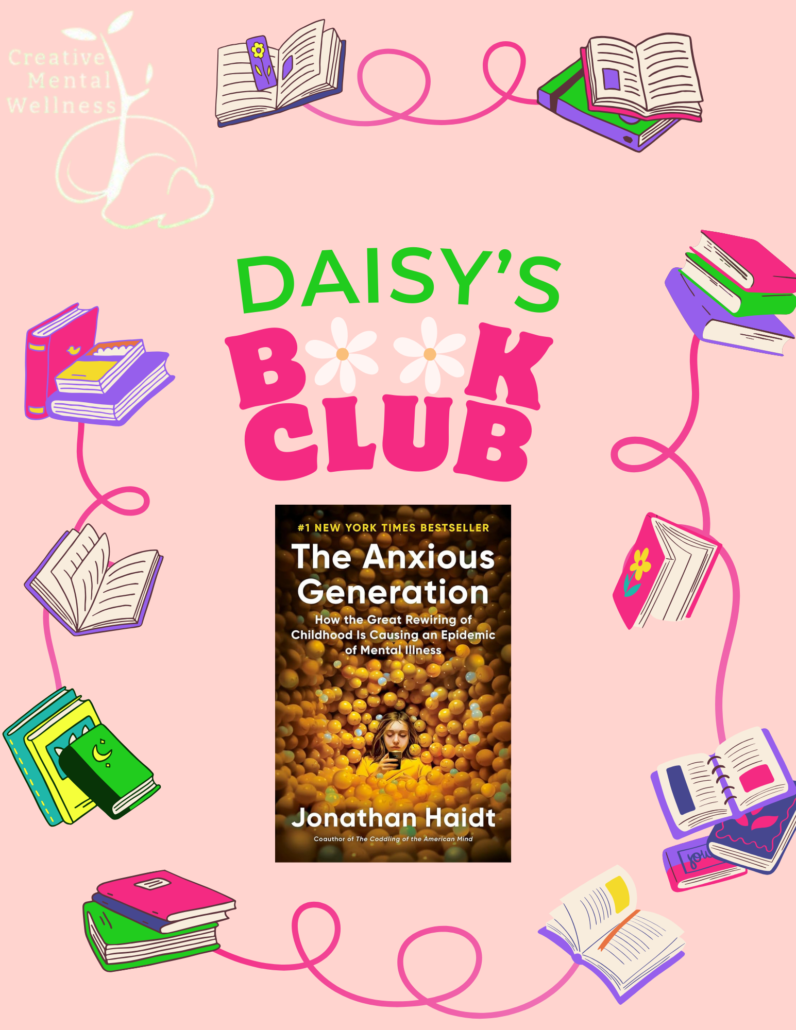
Thank you for joining us on this mental health journey! Follow us on Instagram, Facebook or LinkedIn to stay up to date.
Your friend,

September 2024 Newsletter
/0 Comments/in Newsletter/by CMWadminSeptember
September is Suicide Prevention Month
September 8-14 is National Suicide Prevention Week
September 10 is World Suicide Prevention Day
September 13 is Positive Thinking Day
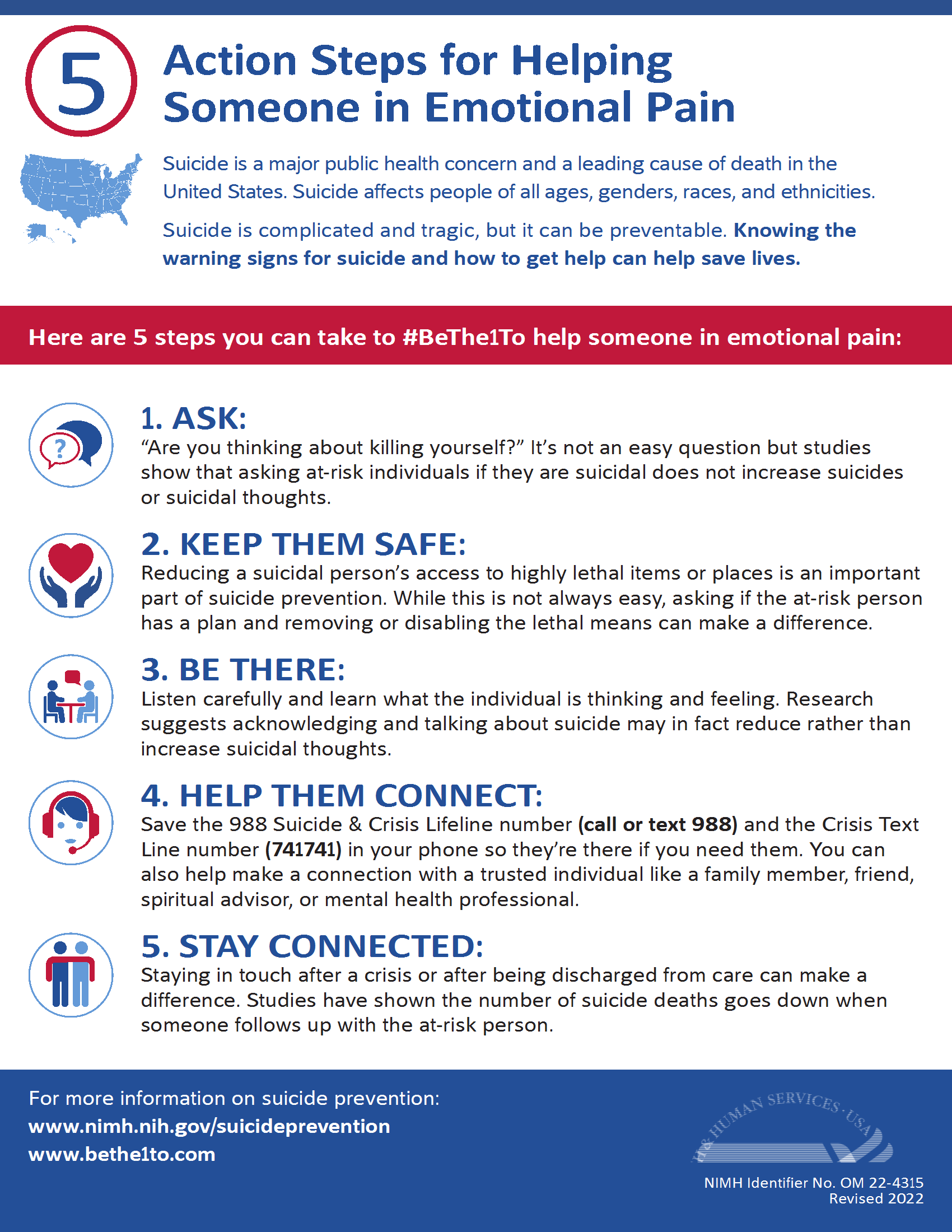
Volunteering: Healing Through Helping
While self-care and mental health often focus on introspection and self-help, volunteering is a powerful yet often overlooked resource for enhancing well-being. By helping others, we also help ourselves. Volunteering pushes us out of our comfort zones, allowing us to develop new skills and build self confidence as we see the positive impact we can make. Additionally, it fosters genuine connections based on shared values and missions, offering a sense of belonging and camaraderie that boosts our mental health. Through these connections, we are reminded that we are not alone in our struggles, creating a supportive network that enhances our emotional well-being.
Volunteering also helps counteract negative emotions associated with mental health challenges, like depression and anxiety. By focusing on others, we shift our perspective from personal struggles to gratitude for our own blessings, fostering resilience and equipping us to handle life’s challenges. As we seek mental wellbeing, we must recognize the transformative potential of helping others. Embracing volunteering is a win-win strategy that impacts both our communities and ourselves, providing healing for the self through helping others.
Updates in the Mental Health Sphere and DAISY’s World
According to the National Institute of Mental Health, preteen suicide rates have been rising since 2008.
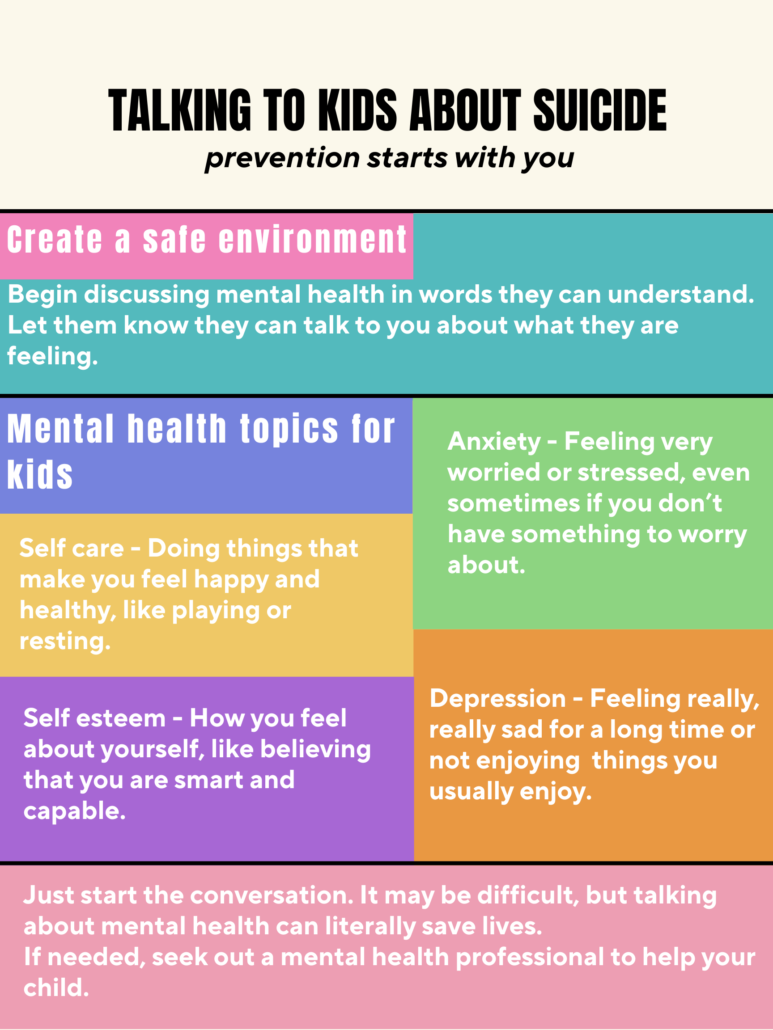
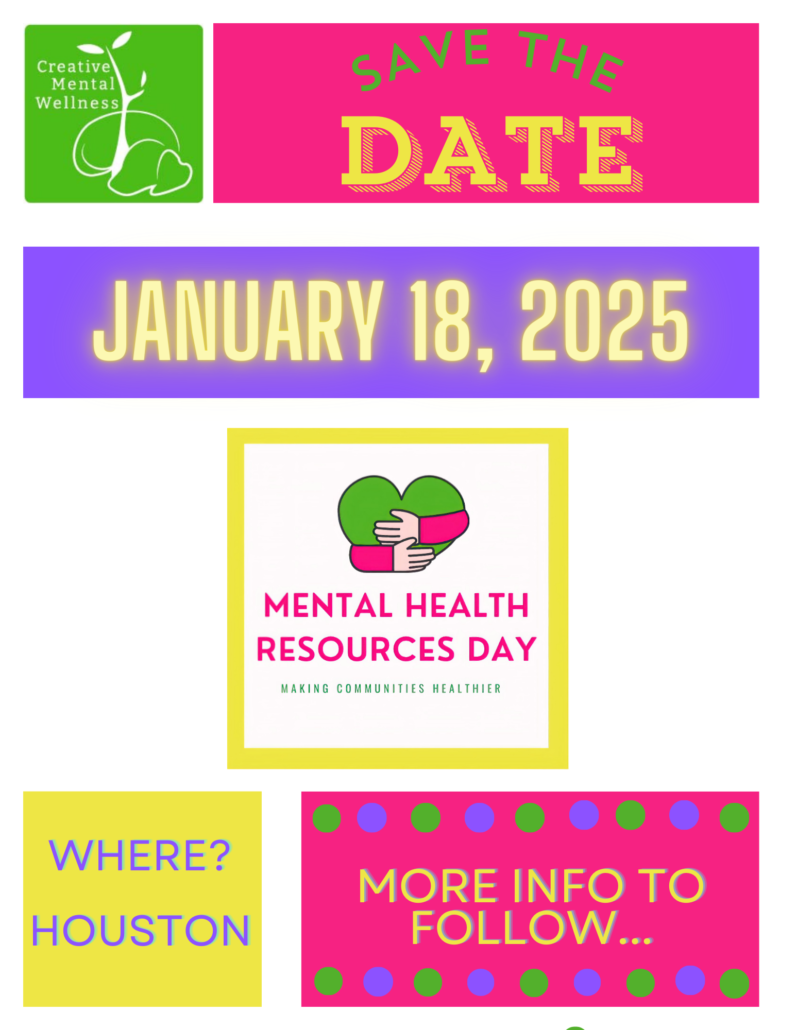
Thank you for joining us on this mental health journey! Follow us on Instagram, Facebook or LinkedIn to stay up to date.
Your friend,

August 2024 Newsletter
/0 Comments/in Newsletter/by CMWadminAugust
August 8 is Happiness Happens Day
August 30 is National Grief Awareness Day
August 31 is International Overdose Awareness Day and National Eat Outside Day
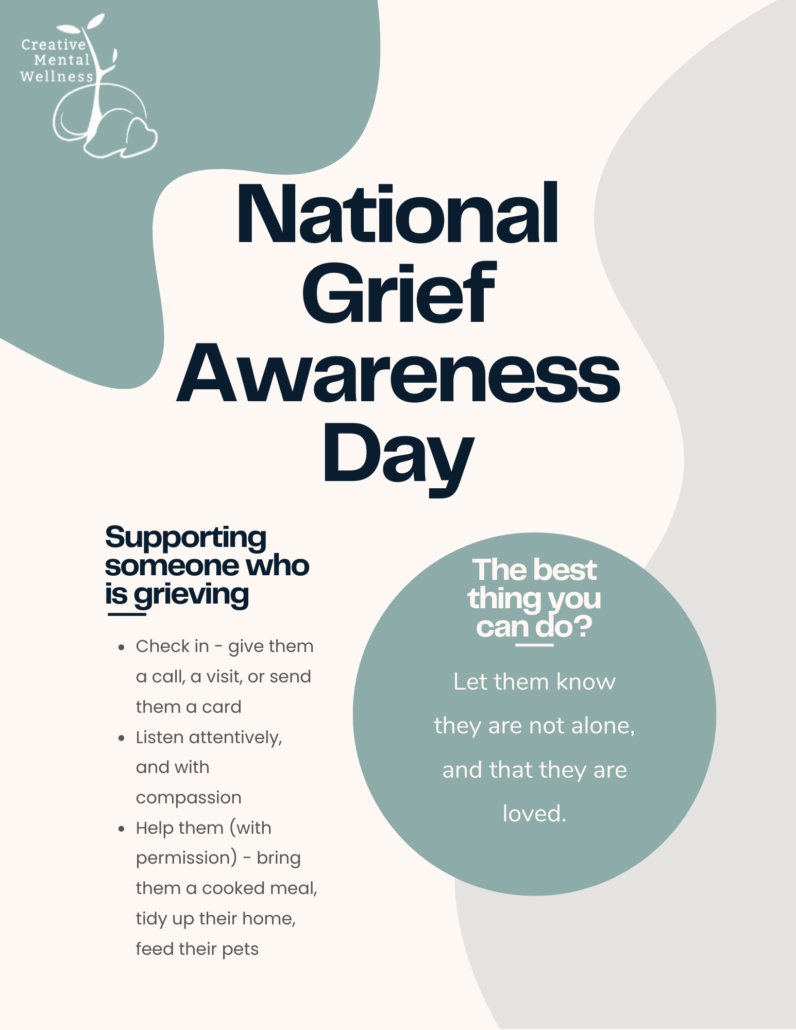
National Grief Awareness Day: An Opportunity for Honoring Loss and Healing
August 30th, National Grief Awareness Day, offers a poignant reminder of the universal experience of loss and the importance of supporting those who are grieving. Established to acknowledge the various forms of grief individuals may endure — from the loss of a loved one to the aftermath of significant life changes — this day serves as an opportunity for education, compassion, and healing.
One of the primary objectives of National Grief Awareness Day is to promote understanding and empathy towards those who are grieving. It encourages open conversations about loss and provides an opportunity for individuals to share their experiences without fear of judgment or misunderstanding. By raising awareness about grief, we can create a more supportive environment where people feel validated in their emotions and supported in their journey toward healing. Also, understanding that grieving a loss is a process helps us remember to continue to reach out to those who have grieved a loss in the past; grief may still be recurring and checking in with them can show support and stave off feelings of isolation and loneliness.
Updates in the Mental Health Sphere and DAISY’s World
You can visit our new website and YouTube channel, but they are still under renovation! You can also still keep up with us through this newsletter and our socials.
In light of National Eat Outside Day, “Spending time in nature — even as little as 10 minutes — can yield short-term benefits for adults with mental illness, according to a new study published in the peer-reviewed journal Ecopsychology.”
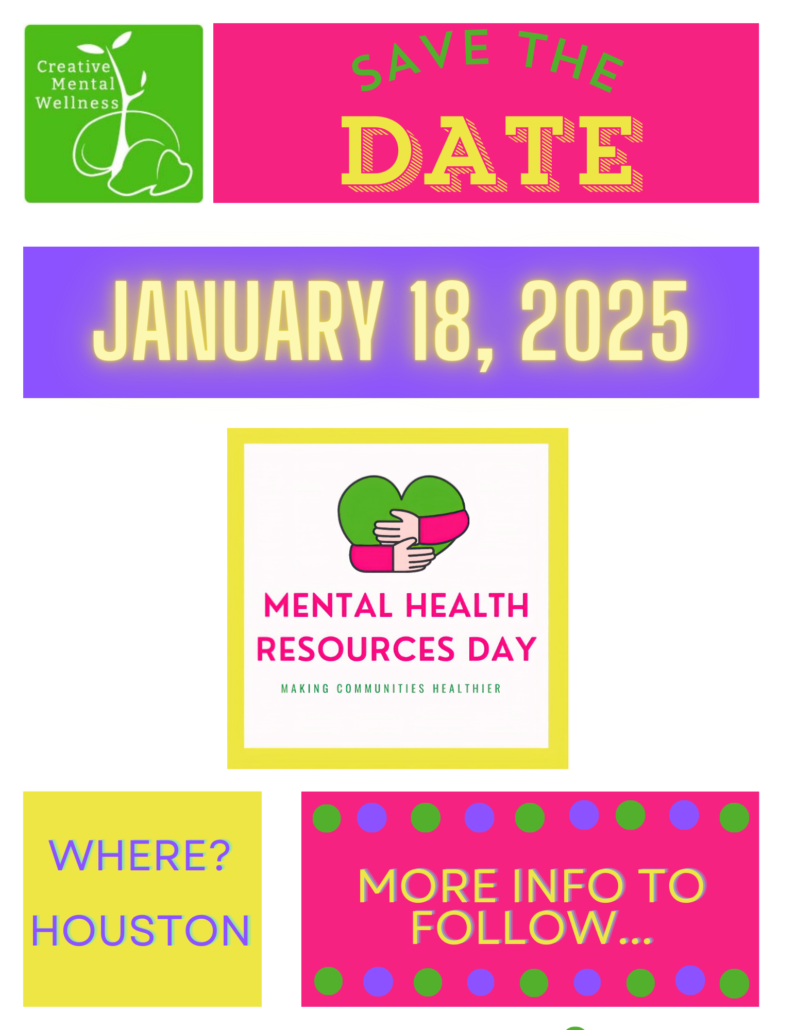
Thank you for joining us on this mental health journey! Follow us on Instagram, Facebook or LinkedIn to stay up to date.
Your friend,

Events
Nothing Found
Sorry, no posts matched your criteria
UPCOMING EVENTS
Latest Newsletter
 February 2026 NewsletterFebruary 2, 2026 - 10:01 am
February 2026 NewsletterFebruary 2, 2026 - 10:01 am January 2026 NewsletterJanuary 2, 2026 - 10:00 am
January 2026 NewsletterJanuary 2, 2026 - 10:00 am December 2025 NewsletterDecember 6, 2025 - 1:07 pm
December 2025 NewsletterDecember 6, 2025 - 1:07 pm
